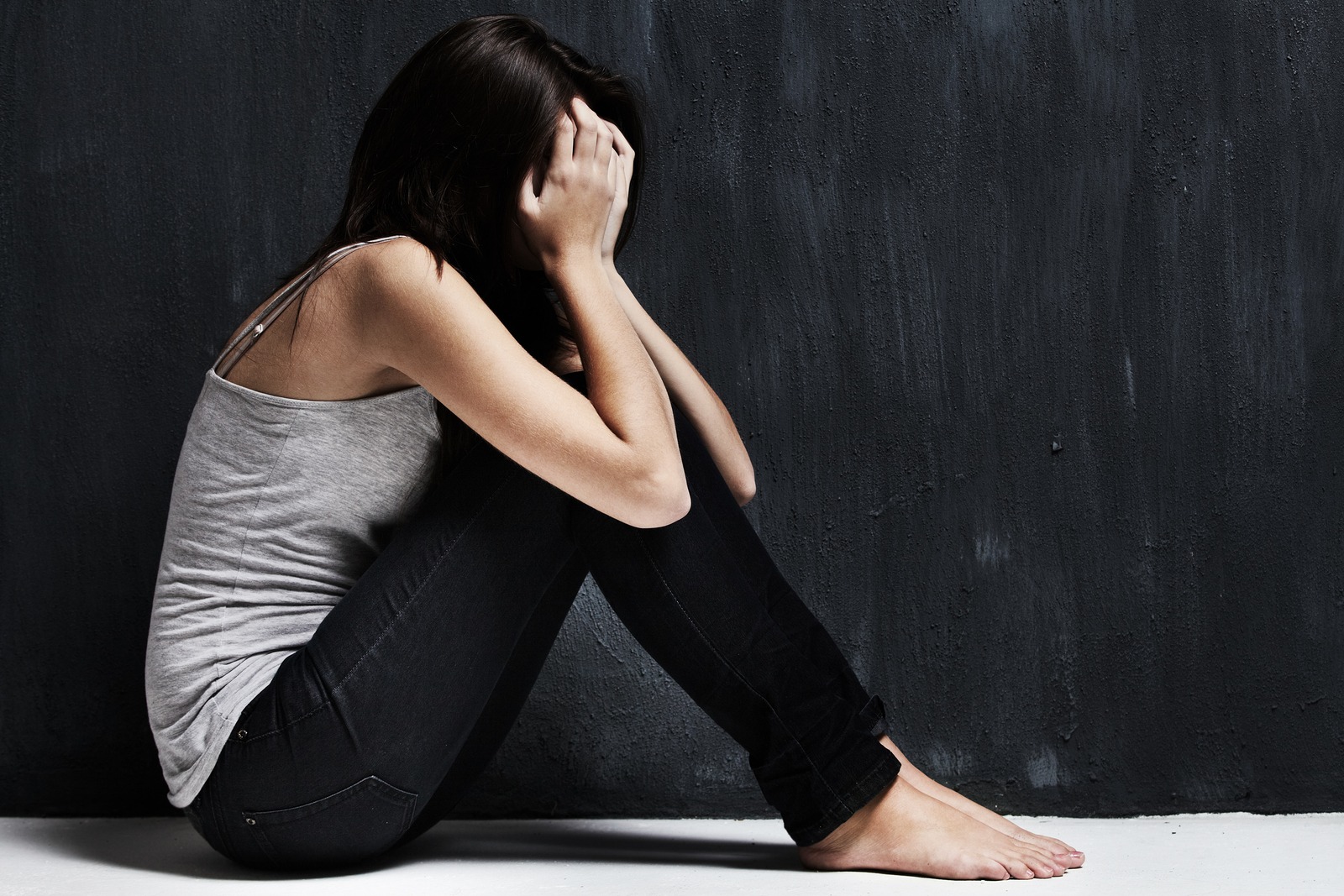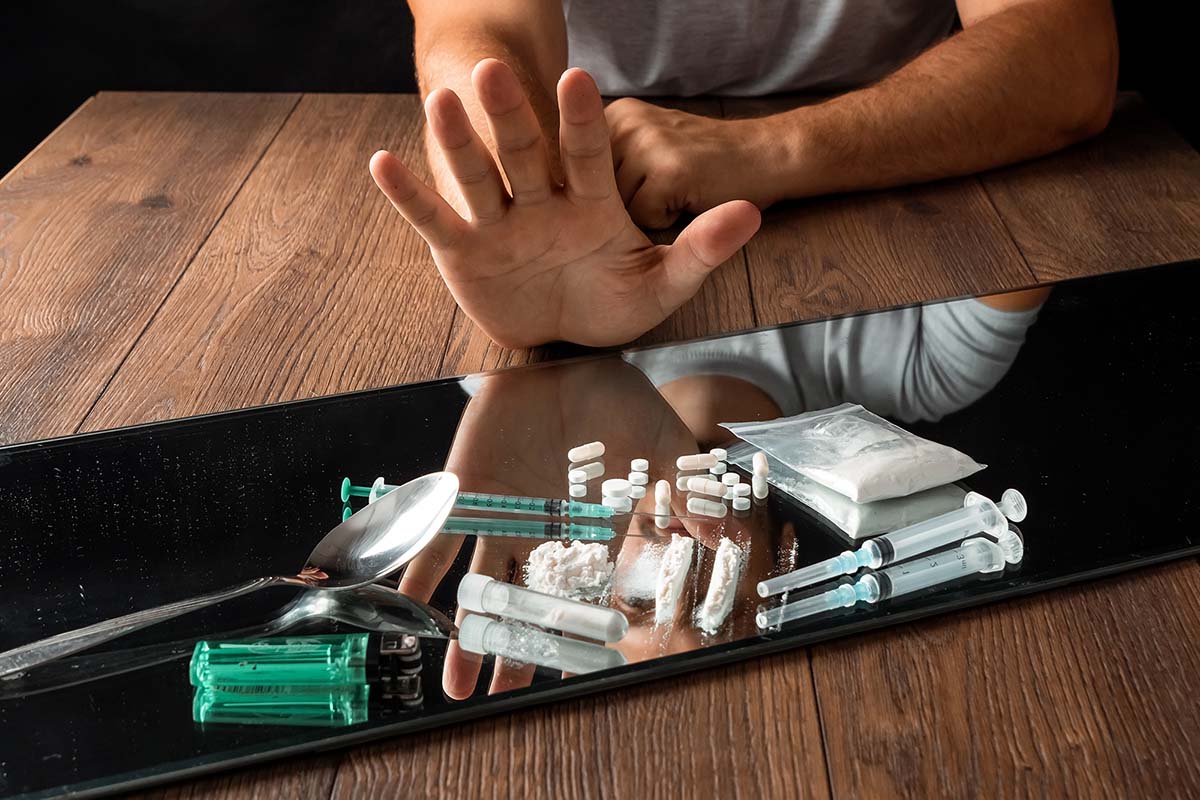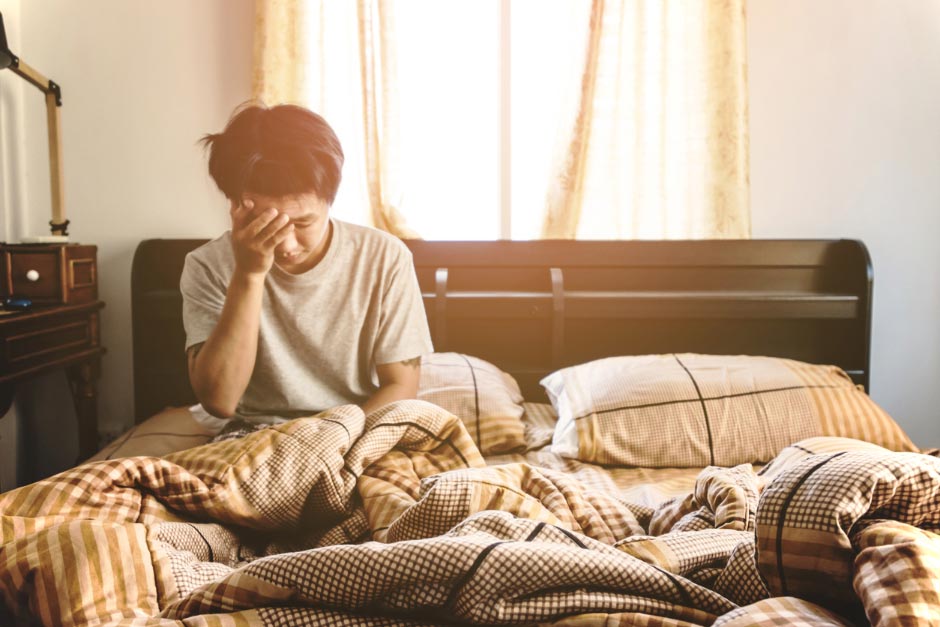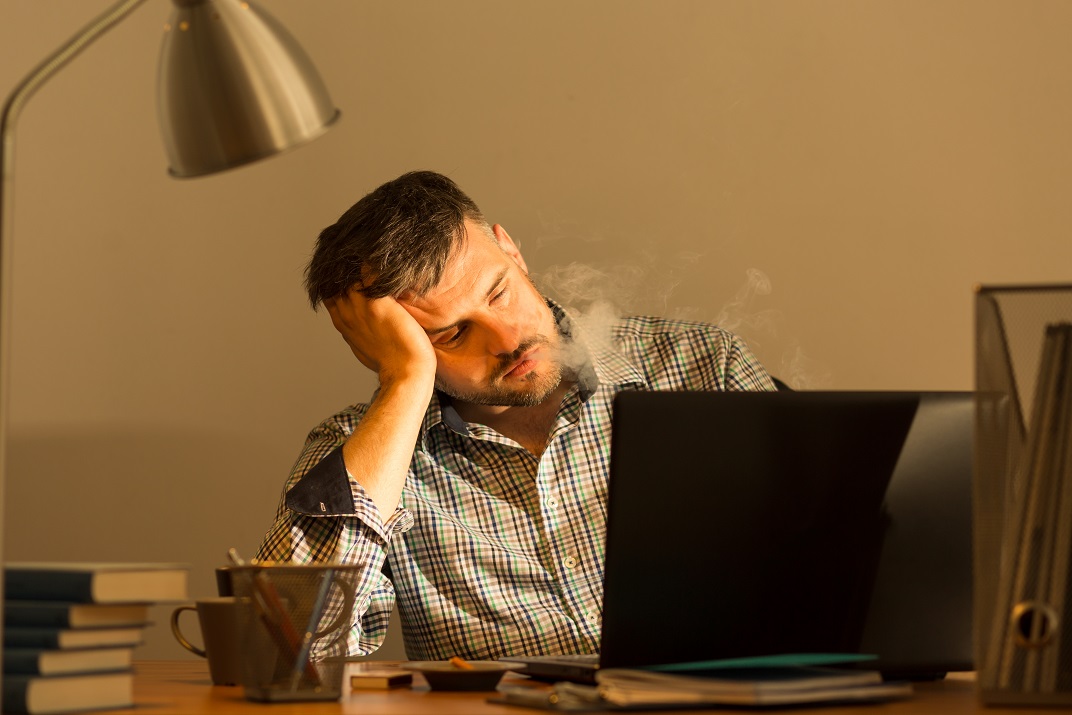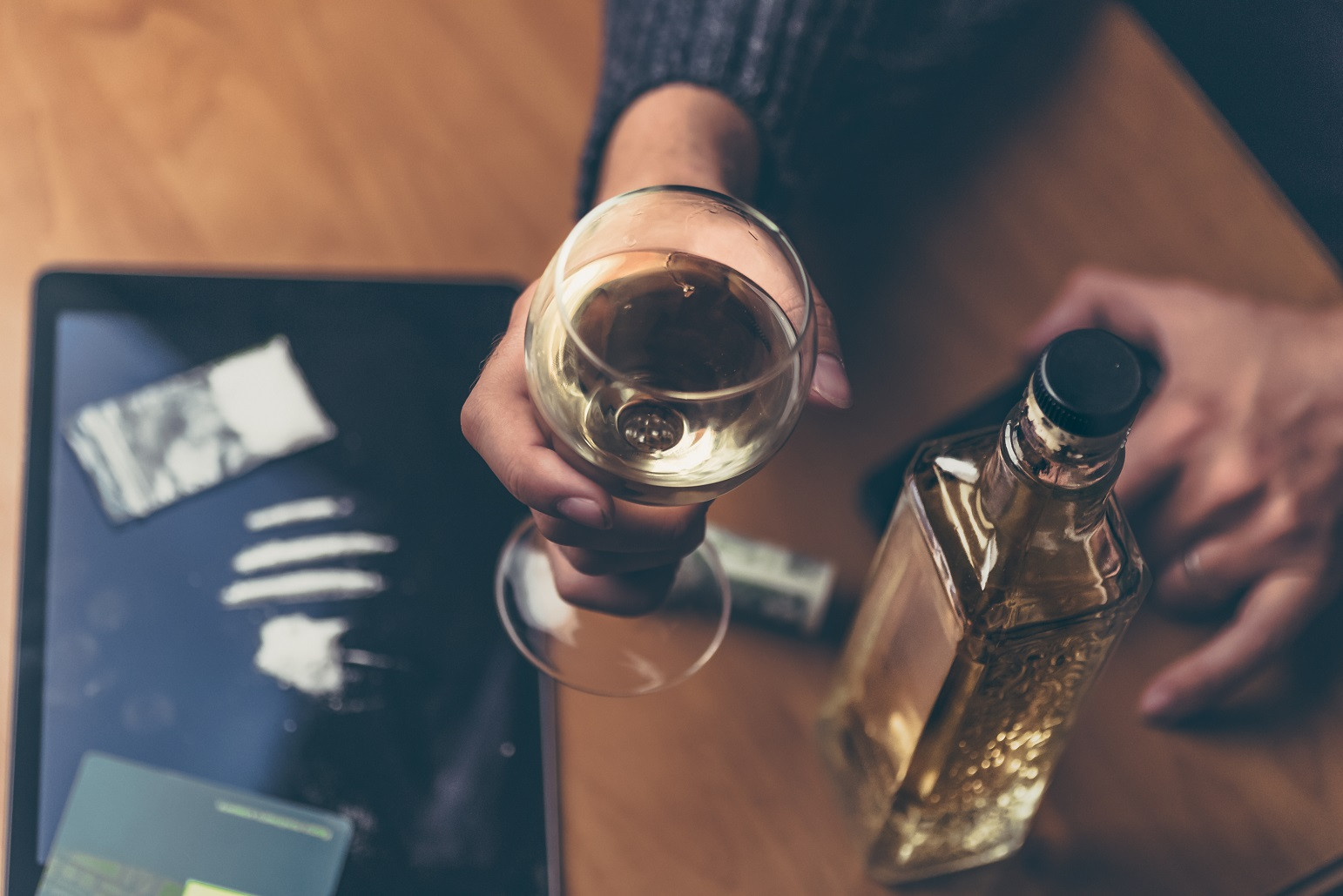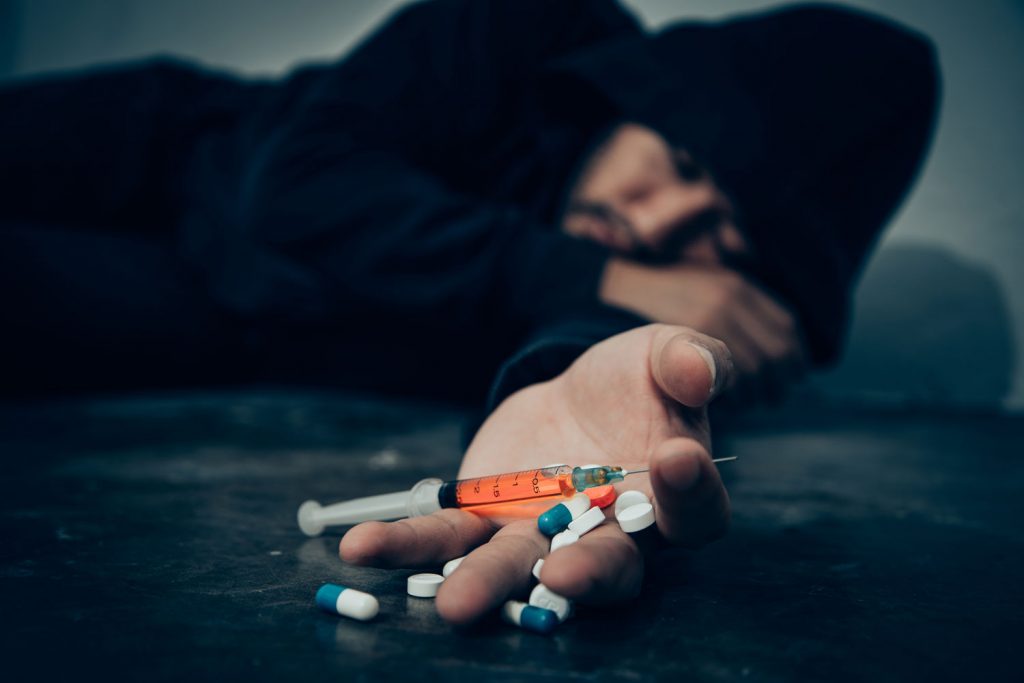Choosing to overcome drug addiction through natural means is a real and viable path for some people. This route bypasses formal rehab centers and instead relies on inner strength, lifestyle changes, and a strong sense of purpose. But let’s be honest—quitting without professional support is no walk in the park. It takes more than just good intentions. It takes planning, preparation, and unwavering commitment. While some people manage to go it alone, the journey is filled with hurdles that can be overwhelming without support.
Reasons to Give Up Drug Use
It’s never too late to start fresh.
Even if your relationship with drugs has lasted for years, walking away from it can bring about dramatic improvements to your life. Whether you're dealing with mild dependency or a deep addiction, stepping away from drug use can help you:
-
Reclaim both physical and mental health
-
Lower your risk of damaging organs or facing fatal consequences
-
Rebuild trust and strengthen your relationships with loved ones
-
Feel your emotions more clearly without numbing them
-
Increase your day-to-day energy levels
-
Sleep more soundly and regularly
-
Boost your appearance, from clearer skin to brighter eyes
-
Save a substantial amount of money that would otherwise be spent on substances
People who have walked this road say there’s a sense of clarity and vitality that comes after quitting drugs—a kind of “aliveness” they didn’t know they were missing. But that feeling doesn’t happen overnight. Keeping your personal reasons for quitting front and center can help carry you through the toughest parts of withdrawal and recovery.
Understanding the Experience of Quitting
When you begin cutting back or quitting drug use, your body enters a phase of detox, also known as withdrawal. This stage is your body’s way of readjusting to life without the substance, and the symptoms you face can range anywhere from mild discomfort to overwhelming physical and emotional distress.
How long this phase lasts can vary greatly—some people feel better within days, while others may take several weeks to get through it. Cravings will come and go, sometimes sneaking up on you unexpectedly and other times crashing down like a wave. One of the most important skills you’ll need is knowing how to ride those waves without giving in.
Getting Ready to Leave Drugs Behind
Breaking a drug habit—especially one that’s been around for a while—means you’re up against more than just cravings. You may be physically dependent or mentally addicted. Preparing ahead can give you a huge advantage.
Acknowledge That There’s an Issue
The first and most crucial step is admitting that your drug use has become a problem. Still unsure? Ask yourself a few pointed questions:
-
Do you use drugs immediately after waking up or just to function throughout the day?
-
Have your friends or family expressed concern or frustration over your drug use?
-
Are you hiding the extent of your consumption or lying about it?
-
Have you sold belongings or stolen money to fund your drug habit?
-
Have you taken risks—like driving while high, having unprotected sex, or sharing needles?
-
Do you feel like your drug use is out of your control?
-
Are your personal relationships suffering because of your substance use?
If even one of these hit home, it's time to consider that you might need to take action.
A Guide to Quitting Drugs Naturally
It’s tempting to think you can just quit cold turkey, pull yourself together, and push forward. But without the right knowledge and support, self-recovery can become dangerously difficult. That said, some individuals have successfully followed a self-guided recovery path—but only with full awareness of the risks and a strong system of support.
Be Aware of the Risks of Detoxing Alone
Before diving into recovery, you have to pass through the gate of detox—and this isn’t something to underestimate. Going “cold turkey” without medical oversight can be extremely dangerous, depending on the substance and level of addiction. Detox symptoms can include anything from chills and sweats to seizures or cardiac issues.
If your goal is to eventually manage recovery on your own, consider doing the detox phase in a medical facility. Here, doctors can monitor your vital signs, ease your symptoms with appropriate medication, and ensure you're safe while your body adjusts.
The most intense phase of withdrawal typically happens in the first 48 hours to one week. This is when your system reacts sharply to the absence of the drug. Your body may rebel, your mind may spiral, and your willpower may be at its lowest. Attempting to endure this part alone is not just unwise—it can be life-threatening.
Medical support at this early stage isn’t just about comfort. It’s about safety and giving your recovery the best possible start.
Start Building Your Recovery Foundation
Once you’ve safely passed the withdrawal stage, the real work of rehabilitation begins. It’s tempting to believe the hardest part is over—but now is when long-term discipline, self-awareness, and mental effort become vital.
You’ll need to investigate the roots of your addiction. What were you escaping or coping with? Was it depression, past trauma, anxiety, boredom, or even just emotional emptiness?
Until you understand what led you to drugs in the first place, quitting will feel like trying to patch a leak without fixing the pipe. If underlying mental health issues are involved, professional support is not optional—it’s essential. Co-occurring conditions like anxiety, PTSD, or bipolar disorder often require expert care.
That doesn’t mean you can’t recover naturally—but it does mean the first step might include therapy or medication to help you balance mentally and emotionally before walking this path alone.
Stay Accountable to Yourself
In self-recovery, you’re the therapist, the coach, and the cheerleader—all in one. There’s no one checking in on your progress, no scheduled appointments, no one making you show up. You have to create the structure yourself.
-
Set a daily schedule with clear intentions
-
Journal your progress and setbacks
-
Celebrate milestones (big and small)
-
Track your moods and triggers
-
Remind yourself often why you started
Without external accountability, self-rehab can become exhausting. You’ll have to draw from your deepest reserves of commitment and self-respect to keep moving forward.
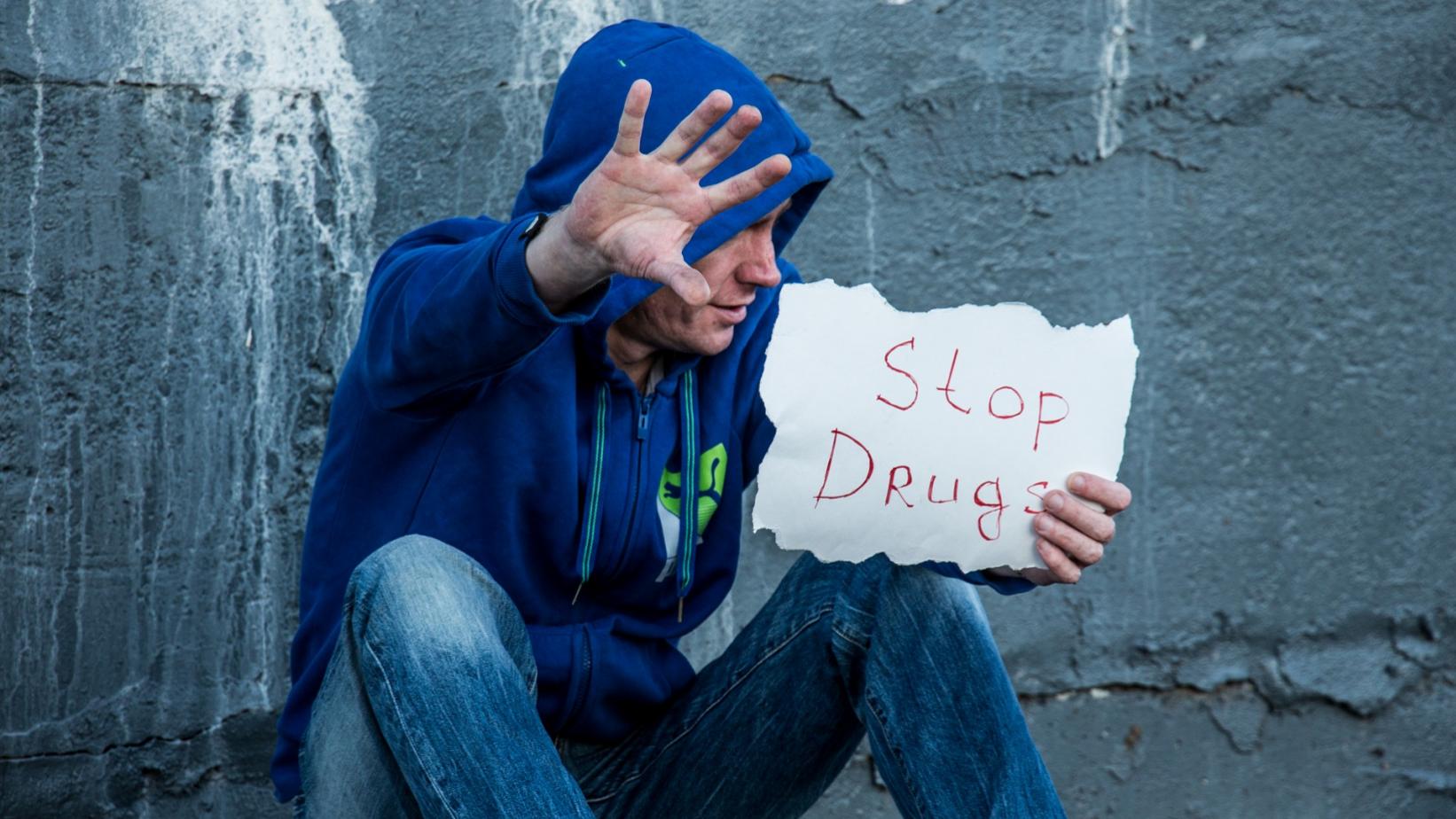
Shift Your Entire Lifestyle Toward Recovery
Making a full recovery from drug addiction isn't just about quitting the substance—it’s about transforming your day-to-day life. Everything from your habits to your hangouts plays a role in either keeping you stuck or helping you heal.
Nutrition and exercise become your allies here. A well-balanced diet can repair physical damage caused by substance use, while regular physical activity boosts endorphins, stabilizes mood, and helps burn off excess stress. But beyond just physical health, there's also your mental and spiritual well-being to think about.
Integrative practices like yoga, mindfulness meditation, and energy-healing techniques such as Reiki can help you find inner stillness. These activities support emotional resilience, a vital part of long-term recovery. You’re not just detoxing your body—you’re detoxing your habits, your thoughts, and your social environment too.
To fill the emotional void left behind, engage your mind in creative or social outlets. Join a book club. Take a painting class. Attend community meetups. Building new connections and routines that are completely detached from your past drug use helps anchor your sobriety.
Of course, changing your life at this level is no small task. You may need to distance yourself from longtime friends who still use, or stop going to certain places altogether. That’s painful. But it’s also necessary. This process of “clearing the path” makes relapse less likely and helps you redefine who you are beyond the addiction.
It’s worth noting here: while it’s possible to do all this on your own, professional treatment programs often provide guidance, structure, and support that make the process less overwhelming. Especially during the early stages, their experience can help you rewire your patterns and respond differently to triggers.
Keep Sobriety at the Center of Everything
Your ongoing success depends on how much you value and protect your sobriety—every single day.
Sobriety isn’t something you achieve once and move on from. It’s something you maintain actively. There will be days when your motivation dips or stress hits hard, and in those moments, your ability to stay clean depends on your routines, your discipline, and your support system.
If you're not confident in your ability to resist temptation alone, don’t gamble with your life. Reach out to people you trust. Whether it’s a parent, a friend, a sibling, or even a neighbor—let someone know what you’re trying to do and ask them to keep you accountable.
In some cases, it may be necessary to live with someone sober while you rebuild your life. Having that consistent presence can act like a guardrail, keeping you steady when you're at risk of veering off-course.
But let’s be clear—if you don’t have reliable, sober support around you, it’s not a sign of weakness to seek professional rehab. It’s the smart thing to do. In a medical or therapeutic environment, trained professionals can give you tools, structure, and backup when things get tough—something even the most loving family members may not be equipped to do.
Help Is Always Out There—You Just Have to Reach for It
While it’s absolutely possible to quit drugs without going into rehab, the truth is that many people who try to recover alone struggle unnecessarily. There’s no trophy for doing it the hard way. Asking for help isn’t failure—it’s strategy.
Addiction recovery professionals have been through this journey with thousands of people. They know the detours. They know the traps. And most importantly, they know how to guide you around them.
You don’t need to have all the answers today. And you don’t have to walk this path alone, either.
If you’re in a place where you feel lost or unsure of the next step, don’t wait. Contact a nearby recovery center or hotline, even if it’s just to talk. Sometimes the first conversation is all it takes to move you from uncertainty to action.


